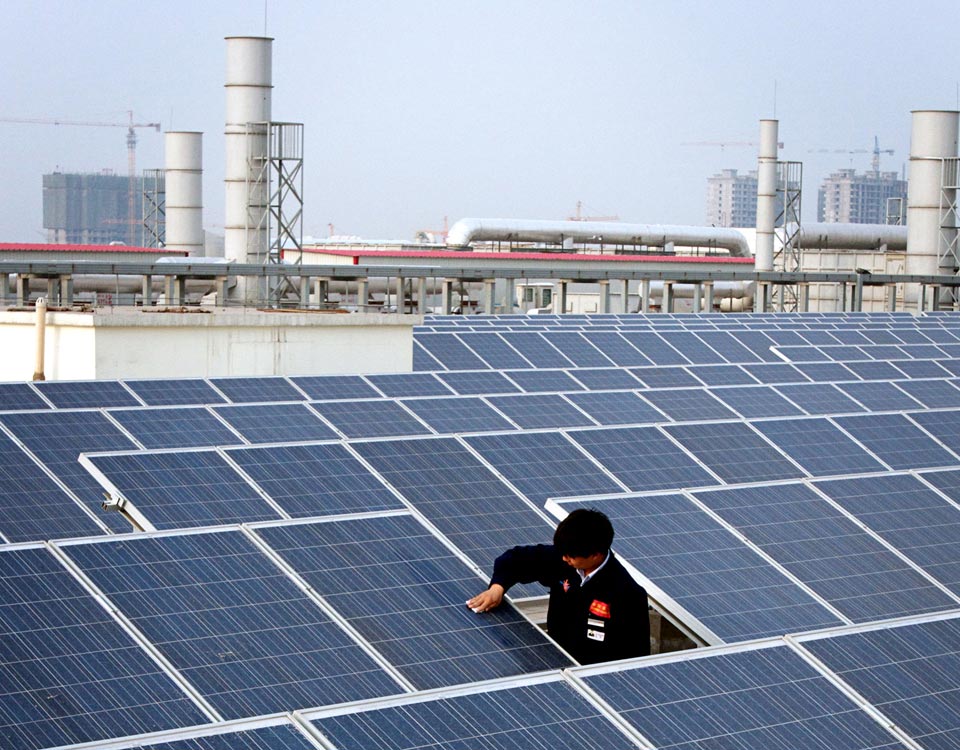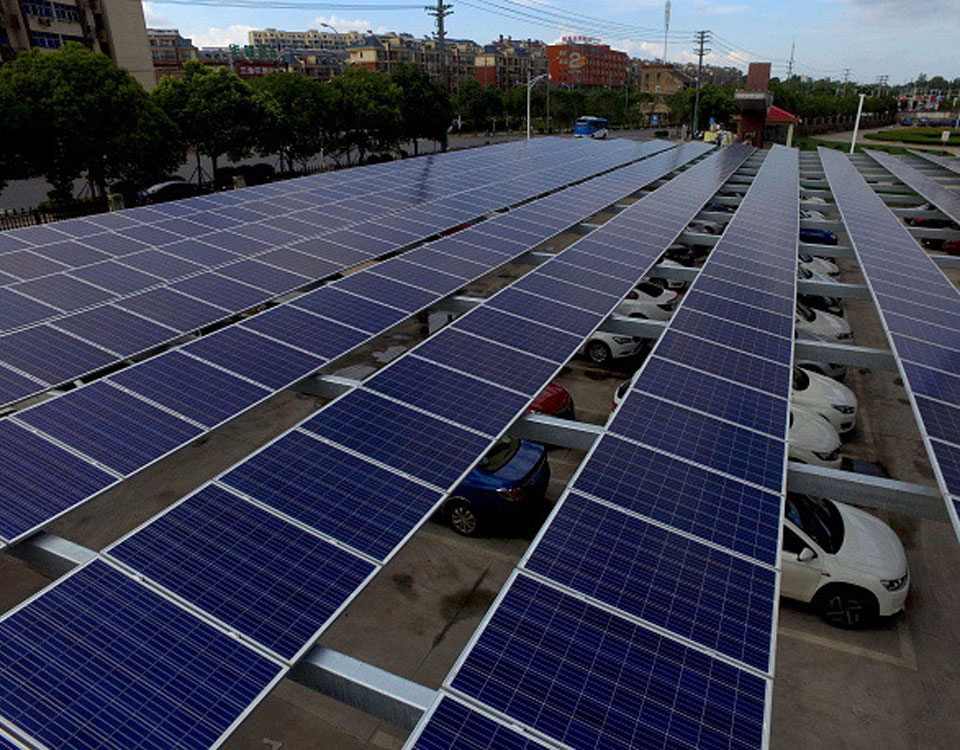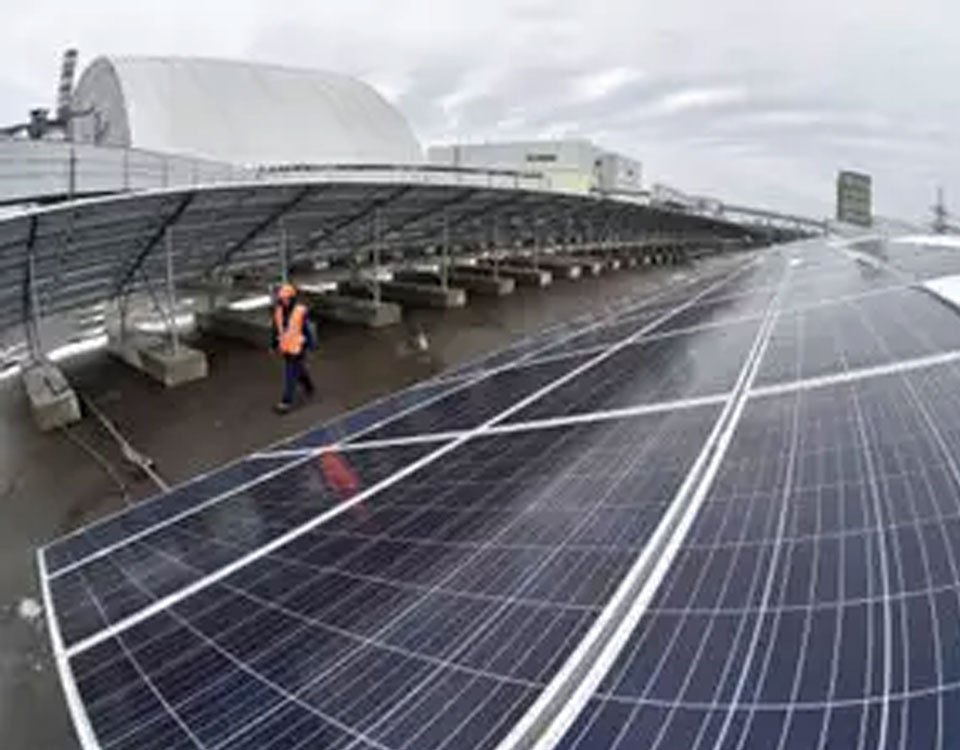- Welcome to Indian Solar Manufacturers Association (ISMA)
Call for anti-dumping duty on Chinese solar panels
The All India Solar Industries Association (AISIA) has said that the proposed blanket safeguard duty on import of solar panels and cells will adversely impact solar manufacturers operating out of Special Economic Zones (SEZ) across the country.
The association opposed the proposed blanket safeguard duty on import of solar panels and cells.
SEZ units are treated on a par with foreign manufacturers, and hence, any safeguard duty would be detrimental to the Indian solar industry as a whole, according to Gyanesh Chaudhary, General Secretary, All India Solar Industries Association (AISIA).
The association, however, made a strong case for specific anti-dumping duty on Chinese imports that are flooding the Indian market with its cheap solar modules.
Installed capacity
If we take the case of solar modules and cells, India has 3.1 GW of installed capacity of solar cells, out of which, 2GW, or more than 60 per cent, is situated in SEZs.
“Out of 8.3 GW of solar module manufacturing facilities, 3.8 GW are situated in SEZs. Hence, indigenous manufactures situated in SEZs, will come under the ambit any blanket duty that will be imposed on solar cells and modules which will make them uncompetitive,” said Chaudhary.
During a telecon with BusinessLine, he mentioned how this could be detrimental to the interest of domestic solar companies.
In 2016-17, the estimated demand of solar modules was around 6 GW, whereas the demand is expected to go up to 10 GW in 2017-18.
Under the WTO framework a member country can impose a safeguard duty if the increased quantity of imports may be either an absolute increase, or an increase relative to domestic production, which is causing a threat to the domestic industry.
India created Special Economic Zones in 2005, which are considered to be outside Indian customs territories. Goods manufactured in SEZ, if sold in India, are treated deemed exports with no customs duty.
The purpose of imposing safeguard duty should be to protect the domestic industry from goods which are being dumped at below market prices, but in the case of domestic manufacturers situated in SEZs, the levy yields counterproductive results.
This could also lead to increase in cost power that will discourage the domestic industry, Chaudhary pointed out.




